Jul 9, 2024 11:35 AM
Trumpeter, Educator Jim Rotondi Dies at 61
Jim Rotondi, a renowned hard-bop trumpeter, composer and educator, died suddenly on July 7 at a hospital in France. He…

Sarah Elizabeth Charles released her latest album, Free Of Form, on Stretch Music/Ropeadope Oct. 6.
(Photo: Courtesy the artist)Sarah Elizabeth Charles is a vocalist on the rise, riding the momentum of two phenomenal previous releases: 2012’s RED and 2015’s Inner Dialogue. Those projects wedded Charles’ acute melodic sensibility to her incisive sociopolitical analysis, and on her latest release, Free Of Form, she strengthens those connections even more.
Released Oct. 6, the album marks the first major project on Christian Scott’s Stretch Music imprint (Scott also co-produced the album and is featured on several tracks). The album also features Sarah’s veteran band, SCOPE, which includes Jesse Elder (keys), Burniss Earl Travis II (bass) and John Davis (drums).
DownBeat spoke to Charles earlier this spring immediately following this year’s PAPJazz Festival in Haiti to discuss the inspiration behind her latest album.
Below are edited excerpts of our conversation.
Let’s discuss the origins of your latest effort, Free Of Form.
Inner Dialogue was released in 2015. I started writing the material for that back in 2012, 2013. I feel like for any musician, the project originates long before any release date is even thought of. So I started writing this [new] record back in 2015. And now it’s 2017! (laughs) It’s evidence of a natural progression.
I definitely feel that my band was very ready to get into the studio in February because we had all of this material, and had we waited, we would have had another album! Albums are just like snapshots—a collection of moments in time.
This record came to fruition over the past two and a half years. The natural progression of my attention as a human being, in that time, is wrapped up in this project. Inner Dialogue was very much an introspective album, both lyrically and sonically. I say sonically with hindsight. Now that I know where we’re at sonically, I listen back to Inner Dialogue and I think, “Oh wow, there were all of these ideas percolating.” And at that time, they came to fruition as much as they possibly could have.
But what Free Of Form is now taking shape as, I’m realizing, is those ideas coming to fruition and being realized. There were hints of it in Inner Dialogue and now we’re allowing them to flourish, come out and fully bloom.
As a songwriter, did you approach the lyrical content of Free Of Form any differently than you did on your previous records?
The lyrical content is much less introspective. Over the past four years, I’ve been working with Rise2Shine, an early childhood education school in Fond Parisien, Haiti. For children ages 2-4, it’s a pre- preschool facility in a community where the need for childcare is very high. As [Rise2Shine’s] music educator and collaborator, I work closely with the teachers and give them various progressive versions of the curriculum to fit the kids’ already inherent musical ability, which is extremely vast and amazing to see.
In addition to that, I’ve been expanding my teaching artist portfolio with Carnegie Hall’s Musical Connections program, working with youth from all over New York and with their Lullaby Project, writing original lullabies with women at Rikers Island or at hospitals throughout New York or with the Dept. of Homeless Services. And also working with the wonderful group of men and musicians at Sing Sing Correctional Facility. And so, my attention has been in a different place now and has been for a while.
Free Of Form is evidence of the courage that doing this type of work has given me. I’ve been working with a lot of people who come from all different backgrounds and have been faced with various things in their life that line up on all ends of the spectrum. Nobody can ever fully put themselves into someone else’s shoes. But the level of empathy necessary to engage in the environment that I’ve been lucky enough to engage in, on all sides, has just really brought my attention a completely different space.
There’s a greater vulnerability and openness on Free Of Form. How did you ultimately funnel these hefty societal issues you experienced as a teaching artist into your most personal effort to date?
It’s been a natural progression. I don’t feel like I sat down and really banged anything out. But at the same time, I think I kind of pushed myself to sit down at times and write when I maybe wouldn’t have. There were certain instances that I would have with the various people that I’ve worked with in Haiti or from a Lullaby Project workshop or a songwriting workshop or an arranging project I was doing at Sing Sing. I would have some little interaction, whether it was a moment or an hour, and be inspired and say, “Wait, Sarah, you need to creatively react to this. You need to take whatever you just got.”
It’s hard to identify it sometimes, but I knew it was something, and I knew that it was something different and something special. So there were definitely times where after certain interactions, in various teaching artist situations, I would say, “Wait, I gotta sit down and process this.” Not only emotionally, but also creatively and really allow myself to react to these things in a real way because I have something to say now and it’s clear. I think you have to experience certain things before you can sing about them. I don’t know if I needed it, but I got it and I’ve reacted to it and that’s very much what this project had to have. DB
Sarah Elizabeth Charles will participate in the Seattle JazzED Workshop For Girls! Oct. 14–15. To learn more about Free Of Form and Charles’ other work, visit sarahelizabethcharles.com.
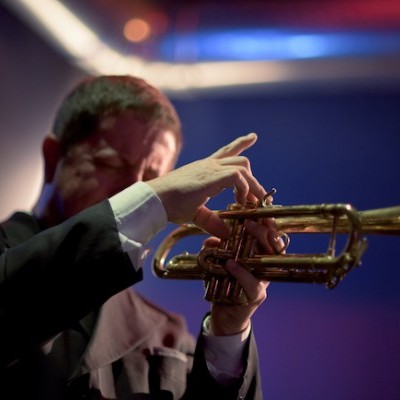
Jim Rotondi was acclaimed for his wide, round trumpet tone, remarkable virtuosity and assured swing.
Jul 9, 2024 11:35 AM
Jim Rotondi, a renowned hard-bop trumpeter, composer and educator, died suddenly on July 7 at a hospital in France. He…
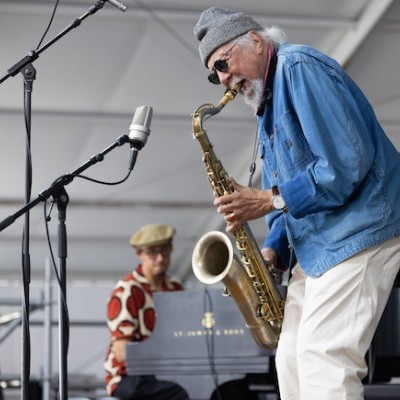
Charles Lloyd, seen here at the 2024 New Orleans Jazz & Heritage Festival, makes DownBeat Poll history!
Jul 11, 2024 12:23 PM
The incomparable Charles Lloyd swept the 72nd Annual DownBeat Critics Poll, becoming the first artist ever to earn…
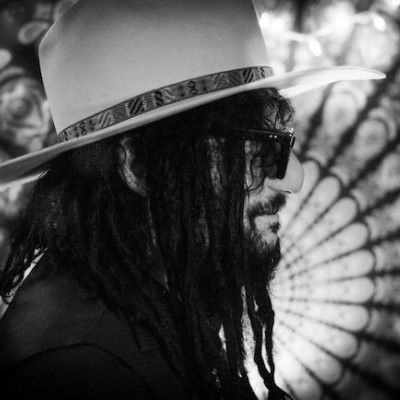
“Being president of Blue Note has been one of the coolest things that ever happened to me,” Was said. “It’s a gas to serve as one of the caretakers of that legacy.”
Jun 4, 2024 12:21 PM
Sitting with Don Was is a comfortable and unhurried exercise. He may seem slightly reserved at first, but ideas and…
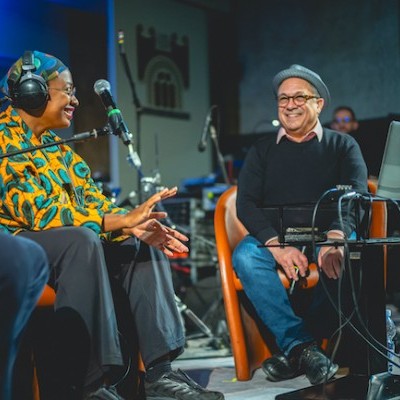
“She reminds me of my childhood and makes we want to cry,” Cécile McLorin Salvant, pictured here with writer Ashley Kahn, said of Dianne Reeves.
Jun 11, 2024 12:31 PM
Italy’s Umbria Jazz Winter is one of those rare annual festivals that not only coincides with a major holiday —…
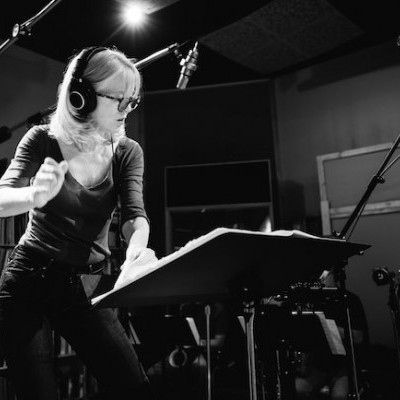
Maria Schneider said of Decades, her new compilation release: “I just wanted to create something, put it in a beautiful box and say, ‘Look at what we did.‘”
Jun 18, 2024 12:00 PM
Maria Schneider opened the sleek black box and placed it on a coffee table in her Manhattan apartment. Inside lay the…